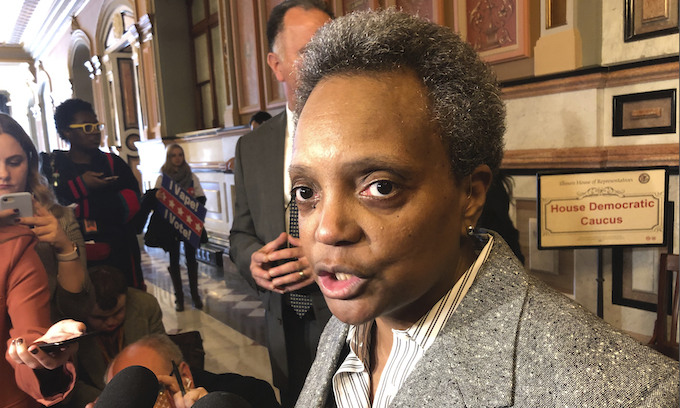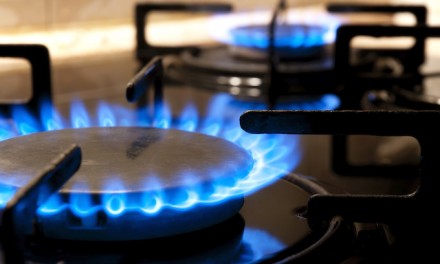Last month was the deadliest September in Chicago since 1993, though police officials emphasized Thursday that other violent crime dropped from their summer levels.
At least 81 homicides were recorded last month, according to the Police Department’s latest figures. That’s the most for a September since 1993, when there were 83 homicides. The record for a September in Chicago was set the year before, when there were 109 homicides.
Overall, homicides are up 50% from last year as 2020 continues to be on pace as deadlier than 2016, when the city was hit with its worst violence since the 1990s.
The shorter days and chillier evenings brought no reprieve from the summer’s staggering gun violence, much of it gang conflicts. The Albany Park neighborhood, for example, is experiencing one of its most violent years with more than 60 shootings. They included a burst of violence that left seven people shot, two fatally, within blocks of one another.
At least 400 people were shot across the city last month. But the Police Department noted that the number of both shooting incidents and victims was down 19% in September, compared with August. There were also declines in robbery, theft and vehicle theft.
So far this year, there have been 588 homicides in Chicago compared with 392 last year, according to police statistics. The data does not include killings that occurred in self-defense or on expressways. More than 3,100 people have been shot this year, compared with just under 2,000 during the first nine months of 2019, a 56% jump, the statistics show.
By mid-September, Cook County had already surpassed all of last year’s homicide totals, according to the medical examiner’s office.
In releasing the latest numbers, Chicago police Superintendent David Brown noted the “unprecedented” challenges his officers have faced this year: the COVID-19 pandemic and the national outrage following the death of George Floyd at the hands of police in Minnesota.
“This has been an unprecedented year in policing, as a pandemic and civil unrest have converged to present law enforcement with a crisis on multiple fronts,” Brown said in a statement. “And yet, our officers remain committed to improving public safety despite these challenges. Murders and shootings continue to decline as we make inroads within the community and adjust our strategies to prevent crime before it occurs.”
Floyd’s death sparked demonstrations across the country and reignited the national conversation about systemic racism and law enforcement’s treatment of Black Americans. In other major cities, the protests were accompanied by widespread looting and vandalism.
In Chicago, looters hit high-end stores and boutiques in the Gold Coast, Magnificent Mile and other upscale areas downtown. By mid-August, the department began pulling officers from some of the 22 patrol districts to guard downtown.
Brown also formed a citywide unit of about 500 officers, called the community safety team, to patrol high-crime neighborhoods away from downtown. And he sent the summer mobile patrol unit, which has about 200 cops, to those neighborhoods as well.
In response to the summer spike in violence, the U.S. Department of Justice started Operation Legend across the country. In Chicago, the effort involves a few hundred federal agents targeting illegal gun offenders, drug dealers and other criminals.
___
(c)2020 the Chicago Tribune
Visit the Chicago Tribune at www.chicagotribune.com
Distributed by Tribune Content Agency, LLC.
—-
This content is published through a licensing agreement with Acquire Media using its NewsEdge technology.



















Recent Comments